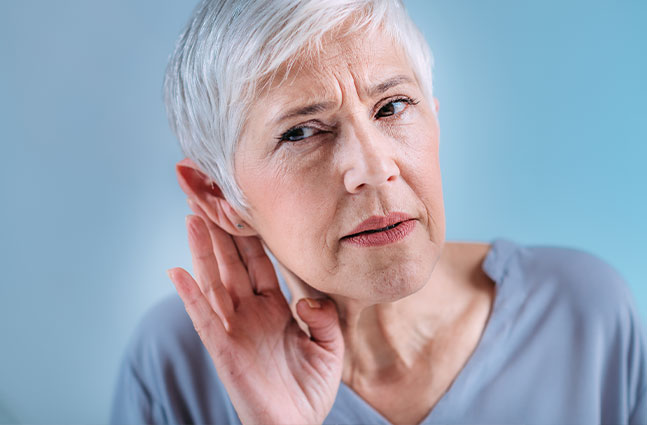How Hearing Loss Fuels Social Isolation in Older Adults

Social withdrawal is a common experience among aging adults, but it’s not just a natural part of growing older. Research shows that hearing loss plays a significant role in reducing social interaction and increasing feelings of isolation.
Key Research Findings
A long-term study from the University of Gothenburg tracked 400 adults aged 80 to 98 over six years. Researchers assessed emotional stability and social engagement, finding that:
- Hearing-impaired individuals were more likely to feel socially isolated
- Even emotionally stable adults became less sociable over time
- Hearing loss intensified introversion and reduced social interaction
Emotional and Psychological Impact
These findings highlight the importance of treating hearing impairment not only for physical health but also for emotional and psychological well-being. Hearing loss can lead to reduced confidence, emotional distress, and avoidance of social situations.
Benefits of Hearing Treatment
Participants who scored high in extraversion tended to lead more joyful, active, and healthier lives. However, their level of social engagement was often tied to their hearing ability. Treating hearing loss can:
- Restore confidence and reduce embarrassment in social settings
- Encourage participation in community and family activities
- Improve emotional health and overall quality of life
Every person deserves the chance to live fully—and hearing support can be a powerful step toward restoring happiness and confidence in later years.
